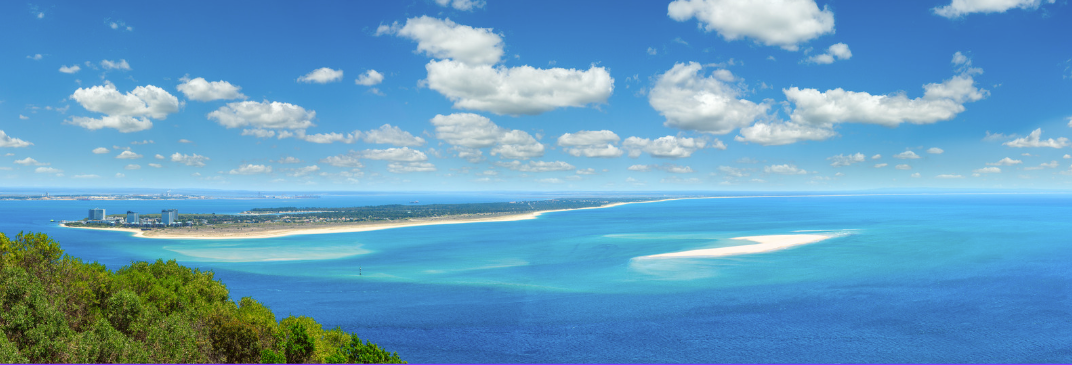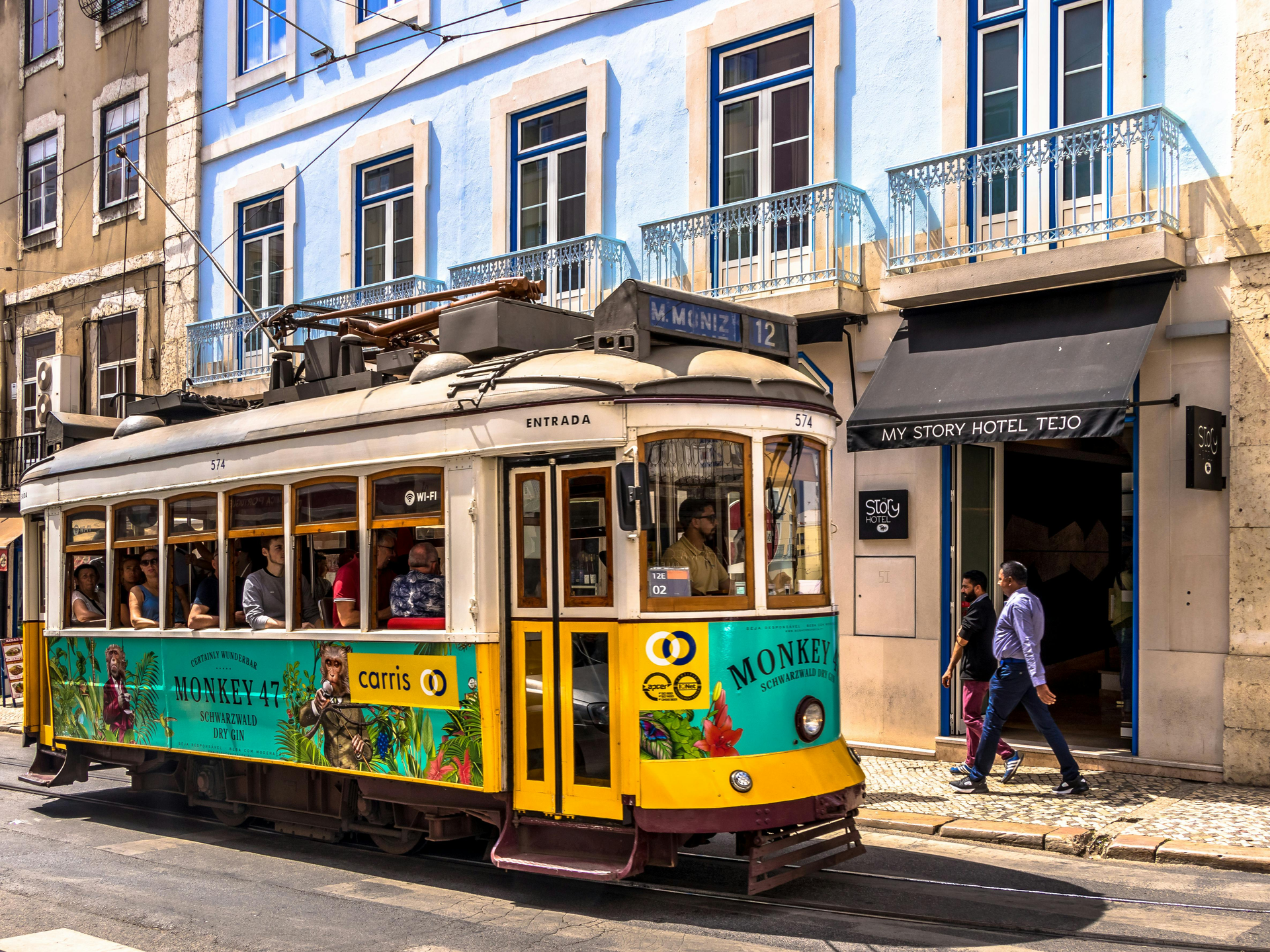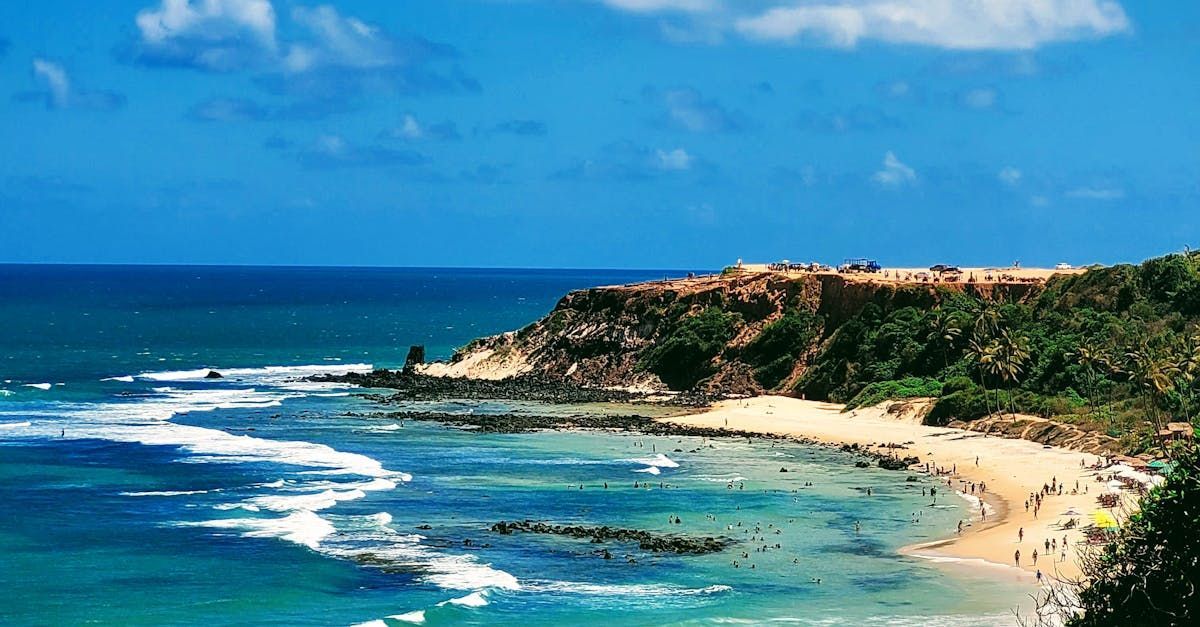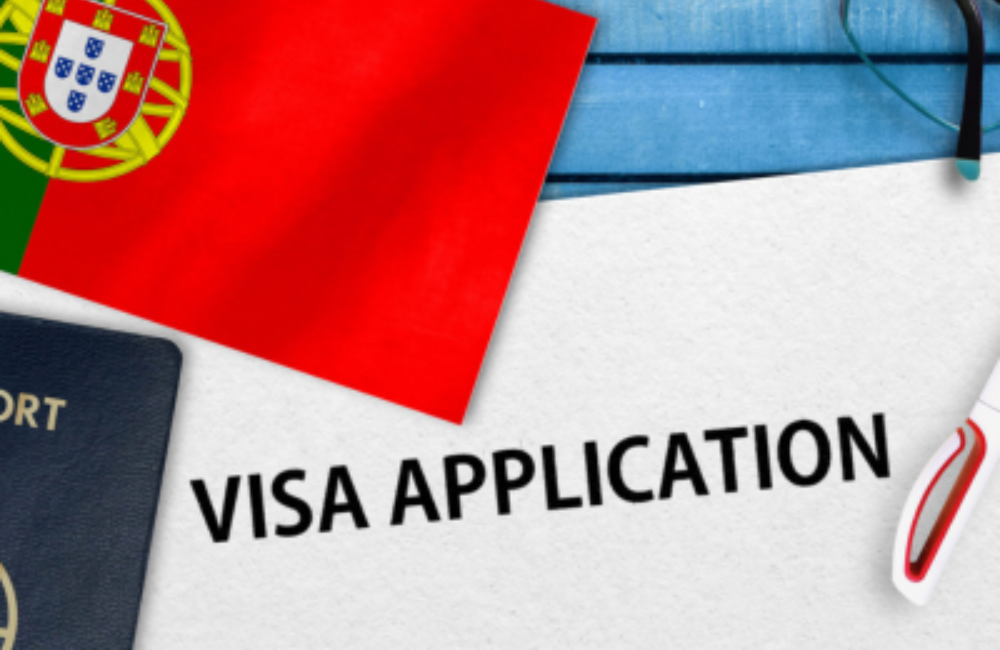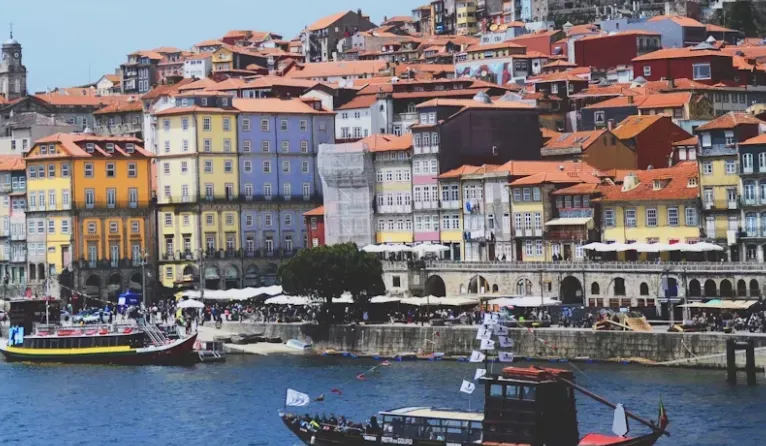Check out the types of visa you can apply for to live in Portugal
Planning is the first step and, with that, defining what activity you want to carry out in Lusitanian lands.
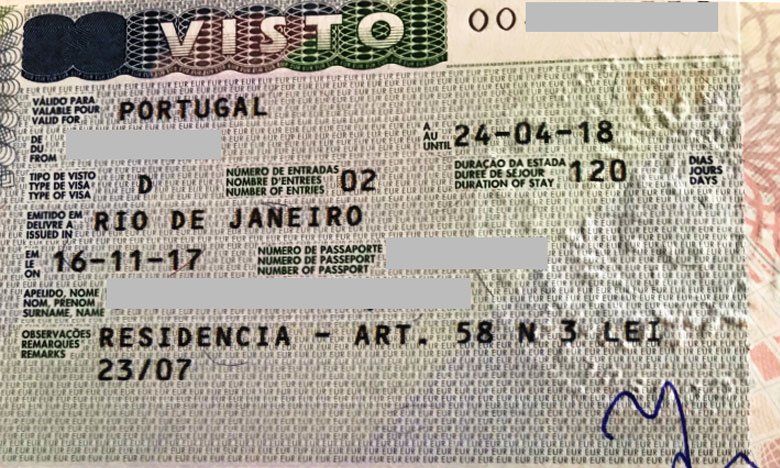
With the end of the expressions of interest, anyone thinking of moving to Portugal via this route will have to change their plans. Although it has become the most popular way for Brazilians to move to Portugal, there have always been a number of visa requirements. Planning is the first step, and with that comes defining what activity you intend to carry out in Lusitanian lands. For each of these activities, be it study, work or even to enjoy retirement, there is a specific type of visa, which must be applied for while still in Brazil.
One of the most popular visas is the study visa (D4 and D5), which ranges from undergraduate (or licentiate, in Portugal) to post-doctorate (post-doctorate). Other possibilities include mobility during master's and doctoral studies at Portuguese universities, which have partnerships with Brazilian institutions.
For those who want to move to Portugal with a visa and with the aim of working, there are two possibilities. The first is to apply for a work visa based on a contract previously signed by a Portuguese company. The second, which came into force in 2021, concerns the job search visa, which gives immigrants up to 120 days to look for a job with a signed contract. The initiative was created to fill jobs in areas with a shortage of labor, such as hotels and restaurants.
Those looking to become entrepreneurs, whether in conventional markets or in the innovation sector, also have their respective visa models: D2 and StartUP Visa, respectively. A visa for digital nomads, i.e. people who work for companies outside Portugal, is also a possibility, as long as you meet the minimum income requirement to stay in Portugal. To do this, you need to have an income of 4 Portuguese minimum monthly salaries (€3,280). Even for those looking to retire in Portugal or who have passive income to support themselves, there is a specific visa, the D7. This requires, among other things, proof of a minimum monthly income above the Portuguese minimum wage (€820).
The main thing to bear in mind is that, whatever you choose, it's best to apply early. In some cases, such as study visas, the deadline can be up to six months.
Via Portugal has compiled a list of all the types of visas, with details of the possibilities. Once you have decided on your type of visa, you need to apply to the Portuguese consulate in your area of residence.
Talk to Via Portugal if you are interested in finding out which visa is best for you.
Types of Visas for Portugal:
Visa to look for work
Objective: to look for work in Portugal for up to 120 days, with a residence permit. The visa can be extended for a maximum of 60 days and allows only one entry into Portugal. In other words, you cannot go back to Brazil and return with the same entry visa to Portugal within the programmed period.
Temporary stay visas
Temporary stay visas, as the name suggests, are valid for a shorter period of time, equivalent to a maximum of one year. Many of these visas, as will be seen below, have the possibility of being extended. This is the case, for example, with a post-doctoral visa, if the researcher's work needs to be extended.
1) Visa for medical treatment (E1)
Objective: to undergo medical treatment for a period of less than 12 months.
2) Visas for transfers of nationals of States parties to the World Trade Organization (WTO) (E2)
Objective: To provide services or vocational training.
3) Visa for self-employment (E3)
Objective: To carry out independent professional activity in the field of service provision for a period of less than 12 months.
4) Highly qualified activity visa (E4)
Objective: to carry out scientific research, collaborate in a research center or work as a lecturer in universities for up to one year.
5) Visa for the exercise of an amateur sporting activity (E5)
Objective: to carry out an amateur sporting activity duly registered with the respective Portuguese federation.
6) Visas for study programs, student exchanges, unpaid professional internships and volunteer work (E6)
Objective: to study, do an exchange program, do a professional internship (unpaid) and volunteer for a maximum of 12 months.
7) Visa to accompany a family member undergoing medical treatment (E7)
Objective: To accompany a family member who is undergoing medical treatment in Portugal for up to 12 months. The need for family support for the treatment must be expressly stated by the medical organizations involved. It is also essential to document the degree of kinship, such as a marriage certificate.
8) Visa for seasonal workers (E8)
Objective: to work in paid employment for a period of more than 90 days and a maximum of 270 days in the following areas: agriculture, animal production, hunting, forestry and fishing; accommodation, catering and similar; food, beverage and tobacco industries; wholesale and retail trade; construction; land transport.
9) Visa to attend an educational or vocational training establishment (E9)
Objective: to study at a university or attend a vocational training course lasting up to one year.
10) Visa to accompany a family member of an applicant for a temporary stay visa
Objective: to accompany a relative or legal dependant who holds or is applying for a temporary stay visa.
11) Visas for digital nomads
Objective: to work for a company outside Portugal, under a remote working contract, for up to one year.
Residence visas (over one year)
Immigrants going to Portugal with plans to stay in the country permanently or for longer than a year must apply for a residence visa, regardless of the type of visa or the activity they are going to carry out.
1) Visa to carry out a subordinate professional activity (D1)
Objective: to work under contract with a Portuguese company for a period of more than nine months.
2) Visa for self-employment or for emigrants, entrepreneurs or StartUp Visa (D2)
Objective: to work independently for a contracting company (providing services by issuing a green receipt), to start a company in any sector or, specifically, in the area of innovation and technology.
3) Visa for teaching, highly qualified or cultural activities (D3)
Objective: to work in universities, research centers or bodies linked to culture, for a period of more than nine months.
4) Visas for research, study, exchange, internships and volunteering (D4 and D5)
Objective: to study, research or take a long-term course of more than one year.
5) Visa for family reunification (D6)
Objective: to reunite with family members who already have a residence visa in Portugal, upon presentation of a notification that family reunification has been granted.
6) Visas for pensioners (D7)
Objective: to settle in Portugal to enjoy retirement or live off income.
7) Visa to accompany family
Objective: To accompany a family member carrying out any activity in Portugal for more than one year.
8) Visas for digital nomads
Objective: To work remotely for companies outside Portugal for more than a year.
The most popular residence visas in Portugal are:
✔ Study or Internship Visa
✔ Work Visa
✔ Entrepreneur Visa
✔ Self-Employed or Retired Visa
✔ Golden Visa
✔ Startup Visa
Want advice on visas?
Follow the link: VIA PORTUGAL
To reside legally in Portugal, you must apply for a visa before traveling to Portugal.
You'll find out with the Orientation:
What types of visas are available;
Which visa is right for you;
What are the procedures;
What are the steps for obtaining a visa;
Instagram: @vp_viaportugal
Email: viaportugal@veportugal.com
#veparaportugal #portuguesecitizenship #portuguesenationality #vistoparaportugal #viaportugal
#visas #goldenvisa #visagold #investiremportugal #maputo #moçambique #vistos #national visas
#portugal #livinginportugal #livinginportugal #security #luanda #angola #caboverde #brazil #usa #realestate #americans #mercadoimobiliario #cplp
Via Portugal - Visas, Nationality, Citizenship, Legalization, Investment and Entrepreneurship
